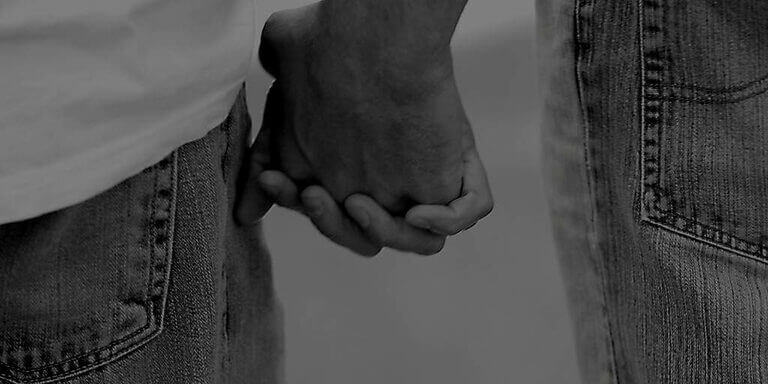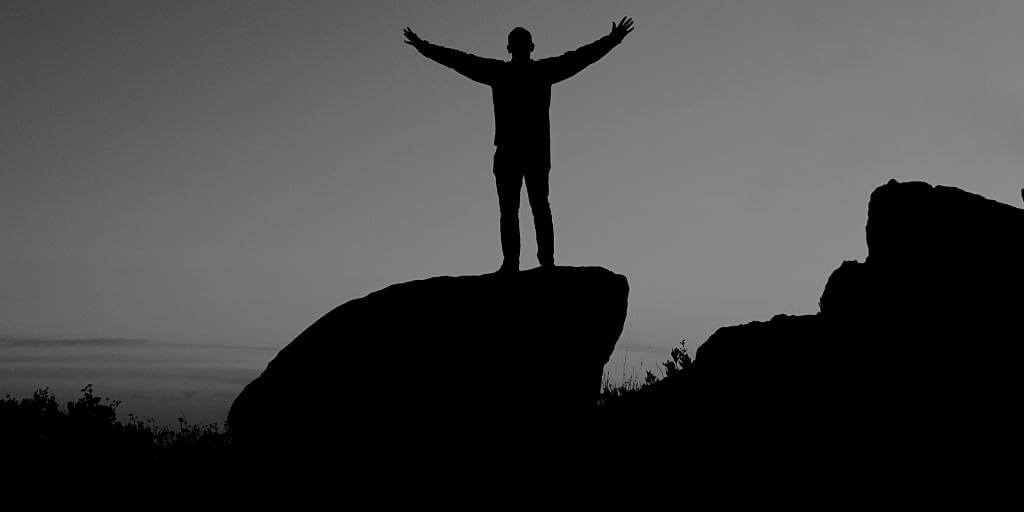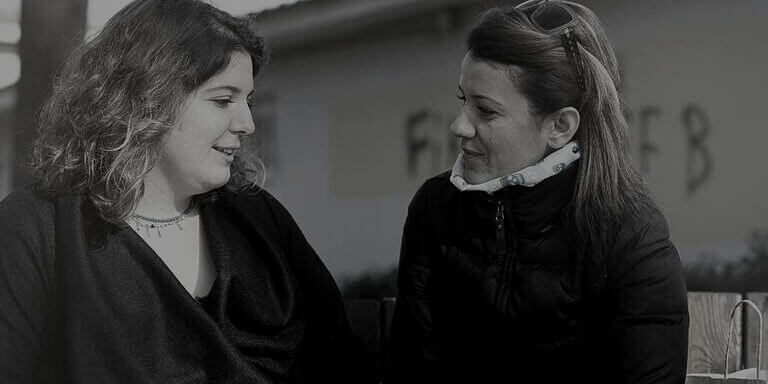Reminders to focus on who you are being for people instead of what you are doing for people or saying tom people, creating impact beyond words.
- Believing in someone has more impact than anything we could ever say. You say: “I believe in you” They say: “Shhh…You’re silence is speaking to me”. They can feel our belief as if it is their own. They thrive on it, use it as a foundation toward building a monumental inner castle of belief within themselves. Our silence becomes their words, our belief becomes their inner castle. This speaks to those experiences where someone just knew we believed in them without us speaking a single word.
- Often, people aren’t looking for advice, they’re just looking to be heard. Focus on holding space for them that fosters non-judgment, understanding, compassion, safety, and unity. This will assist in creating an environment that encourages them to speak from the depth of their being without feeling unsafe. After they’ve spoken, they may even thank you for your presence. You may wonder what they’re thanking you for considering you said very little. However, you gave them the gift of your presence while holding a space that allowed their own words to transform their inner world.
- Touch the lives of others with what you have inside, not with what you have outside. We send them a condolence card and flowers and say “I can’t tonight, I’m working, but I’ll definitely see you tomorrow” when all they wanted was 5 seconds of our time for a hug and some love, we take them to their favourite fancy restaurant or a luxurious vacation when all they want is our presence, we buy them their favourite brand of apparel or a new car when all they want is to be seen by us, we put them through school and say “look what I do for you” when all they want is for us to be more for them than what we do, we show them that they can revel in our outer riches and lifestyle when all they want is to feel rich inside while in our presence.
- Be more than the words you struggle to find. Be the safety for what’s on their mind. Be the love your words can’t define. There are instances when in the presence of another where their emotions become so entangled with our words that we lose our ability to speak. We feel like we should say something but we don’t know what to say. Deep down inside, our wisdom tells us that there are no words to be said that can give to this person what we desire to give them. Many times, to break this uncomfortable silence, we may find ourselves saying things like “You’ll be OK” “This will pass” “I’m sorry for your loss” “My condolences” “try to think positive?”. What they really need is to feel safety and love emanating from our presence. There are no words that can provide that which the energy of our presence can. The next time you find yourself in a situation similar to this, be more than the words you struggle to find.
- Distinguishing the difference between facts and judgments when giving feedback will generate a unified connection oppose to a divided one. When we voice our judgments as facts, we portray an argumentative nature. We portray our opinion as to the “right” one, the one truth that speaks all the facts while pointing to all else as hearsay. We segment our voice as the factual one and theirs as the hearsay, unworthy of truth.
- Belief is contagious. It’s similar to when you’re not even tired and then the person next to you yawns, you embody their fatigue and yawn back. Believe in them to influence their belief in themselves, it’s contagious.




































